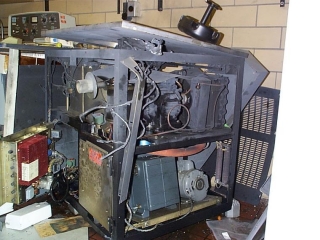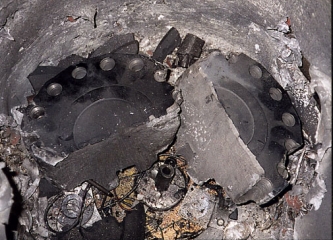The amount of mechanical stress that is placed on a centrifuge’s rotors results in corrosion of the rotor over time. Damaged and corroded rotors can easily result in a centrifuge explosion. These rotors need to be well maintained and should not be operated past the rotor’s scheduled life span. Read more about the Cornell incident here.
We have developed a list of 3 easy ways to improve safety around the operation of centrifuges. First of all, make sure that everyone in your laboratory knows how to properly select which centrifuge to use as well as how to load and balance the centrifuge. It is not uncommon for centrifuge accidents to be caused by unbalanced samples or improperly loaded. Always make sure that are trained operators available to help train and supervise new operators. Many manufacturers also offer orientation programs for new operators.
Routine maintenance is essential to preventing accidents. The rotors of the centrifuge need to be constantly inspected for damage or signs of corrosion. They should also be cleaned after each use. You should also know the life span of the rotor. It is also helpful to have the manufacturer’s operating manual easily accessible to ensure that their usage guidelines are followed.And finally, we can’t emphasize enough the importance of keeping a usage log for each centrifuge. The usage log should include the type of rotor used, the speed of the operation and the length of time the rotor was used for. This log will also help you to determine when the centrifuge rotor should be removed and replaced with a new one.
Always remember that an educated, well-prepared laboratory staff will help to prevent the costly and potentially life threatening consequences of centrifuge explosions.


Leave a Reply